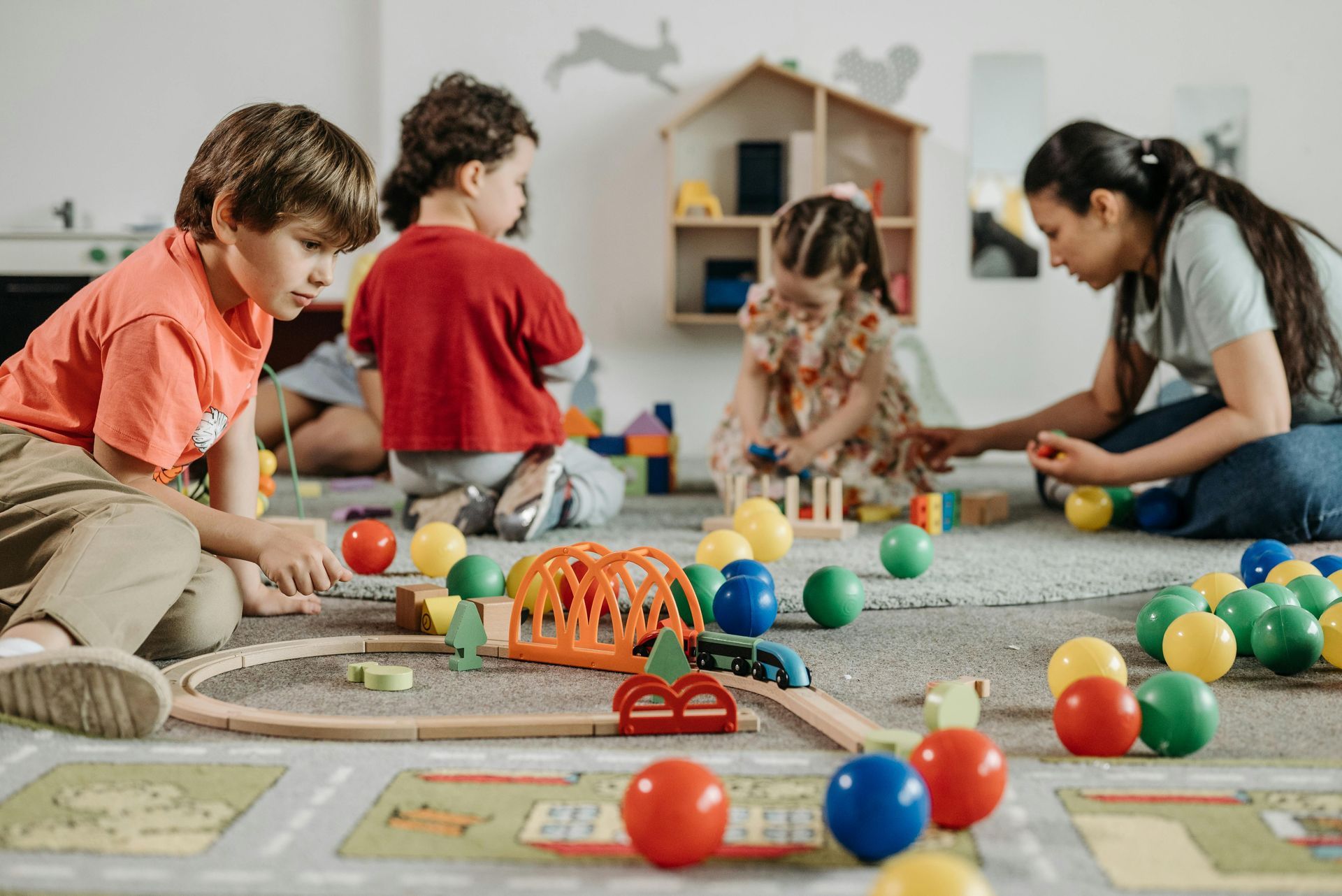
Montessori education is renowned for its holistic approach to child development, encompassing not only academic learning but also the social and emotional growth of every child. One core tenets of Montessori philosophy is the belief that education should nurture the whole child—intellectually, emotionally, physically, and socially. In Montessori classrooms, social development is not an afterthought but a central focus, with environments and activities designed to foster community, cooperation, and empathy.
The Prepared Environment: A Community of Learners
In Montessori education, the classroom is often referred to as the "prepared environment," a space meticulously designed to support the independence and natural development of children. This environment plays a crucial role in social development by creating a community where children of different ages work, play, and learn together. Unlike traditional classrooms, Montessori environments feature mixed-age groupings, typically spanning three years. This structure encourages older children to mentor younger ones, fostering a sense of responsibility and leadership. At the same time, younger children benefit from observing and interacting with their older peers, which helps them develop social skills and self-confidence.
The multi-age classroom promotes a non-competitive feeling, where cooperation is valued over competition. Children are encouraged to work collaboratively, share resources, and assist one another, leading to the formation of strong social bonds and a deep sense of community.
Freedom and Responsibility: Key to Social Growth
Montessori education emphasizes the balance between freedom and responsibility. Children can choose their activities and progress at their own pace, but this freedom comes with the responsibility to respect others and the classroom environment. This concept is fundamental to social development, as it teaches children to be weary of their peers' needs and feelings.
In a Montessori classroom, children learn to manage their time, make decisions, and resolve conflicts peacefully. These experiences help them develop important social skills such as communication, negotiation, and problem-solving. The Montessori Guide (teacher), acts as a facilitator, gently guiding children in their interactions and helping them navigate social challenges. This approach allows children to develop social competence in a supportive and nurturing environment.
Grace and Courtesy: The Foundation of Empathy
Grace and courtesy lessons are a hallmark of Montessori education and are integral to the refinement of empathy and social awareness. These lessons teach children how to interact politely and respectfully with others, covering everything from saying "please" and "thank you" to more complex social behaviors like waiting for one's turn, offering help, and resolving disagreements.
Through these lessons, children learn to recognize and respond to the needs and feelings of others, laying the foundation for empathy. Practicing grace and courtesy in daily interactions helps children internalize these behaviors, making them a natural part of their social repertoire. As a result, Montessori students often demonstrate a high level of emotional intelligence, kindness, and respect for others.
The Role of Montessori Materials in Social Development
Montessori materials are carefully designed to promote not only cognitive development but also social interaction. Many Montessori activities are intended for small groups, encouraging children to work together, share ideas, and collaborate on projects. For example, activities like the "silence game," or group projects in practical life or cultural studies require children to listen, cooperate, and contribute to a shared goal.
These collaborative experiences help children develop a sense of belonging and community. They also provide opportunities for children to practice empathy by understanding different perspectives and working together to achieve a common objective.
Community Building Beyond the Classroom
Montessori education extends the concept of community beyond the classroom, encouraging children to engage with the wider community and develop a sense of social responsibility. Many Montessori schools participate in community service projects, environmental stewardship activities, and cultural exchanges, helping children understand their role in the broader society.
These experiences foster a global perspective and a sense of connectedness with others, reinforcing the values of empathy, compassion, and social justice. Children learn that they can make a positive impact on the world around them, which empowers them to become active, compassionate citizens.
Social development is a cornerstone of Montessori education, where children learn to build community, develop empathy, and engage with others in significant ways. Through carefully prepared environments, lessons in grace and courtesy, and opportunities for collaboration, Montessori education nurtures the social and emotional growth of each child, preparing them to be confident, compassionate, and socially responsible individuals.
If you’re interested in learning more about how Montessori education can support your child’s social development, we invite you to call us at
770-564-0470 to schedule a tour. Discover how our Montessori environment can help your child thrive socially, emotionally, and academically.



